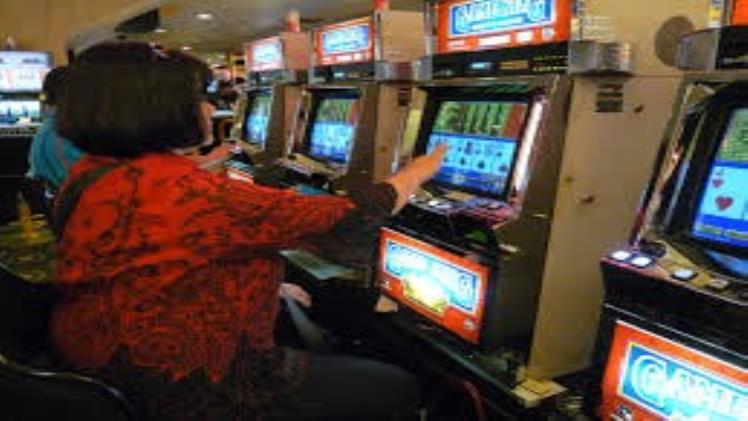Are Leaderboards Impacting Your Strategy?

Leaderboards have become a defining feature in competitive gaming, motivating players to push their limits while tracking progress against others. While they encourage engagement and drive competition, their influence on individual strategy can be profound. Understanding the effects of leaderboards on decision-making, risk assessment, and gameplay adaptation provides insights into how players adjust their approaches based on rankings.
Competitive Motivation and Performance Pressure
Leaderboards inherently create a competitive environment, where players strive to climb ranks and outperform opponents. This motivation can lead to enhanced performance as individuals refine strategies to achieve higher placements. However, the pressure to maintain ranking can also cause stress, influencing decision-making negatively if players prioritize quick gains over sustainable tactics. Balancing competitive drive with strategic consistency ensures steady progression rather than impulsive choices based on leaderboard fluctuations.
Adaptation of Gameplay Style
A player’s approach to a game often shifts based on leaderboard positioning. Those at the top may adopt defensive strategies to maintain their rank, avoiding unnecessary risks that could result in losses. Conversely, lower-ranked players often take aggressive approaches, focusing on high-risk, high-reward tactics to climb the board quickly. Understanding the psychological impact of rankings allows players to assess whether their choices align with long-term success rather than short-term ranking improvements.
Psychological Influence on Decision-Making
Leaderboards create psychological triggers that impact how players view their performance. Some individuals become overly focused on numerical rankings, ignoring fundamental gameplay mechanics in favor of leaderboard positioning. This tunnel vision can lead to rushed decisions and frustration when progress slows. Maintaining a balance between leaderboard progression and skill refinement ensures that rankings serve as motivational tools rather than distractions.
Risk-Taking Behavior in Competitive Play
Higher stakes emerge when leaderboards define status in a gaming community. Players often push beyond their comfort zones, engaging in bold strategies to secure top placements. While risk-taking can lead to innovation and mastery, excessive reliance on risky moves without calculated reasoning results in inconsistent results. Evaluating risk within the context of leaderboard influence helps players refine their approach while mitigating unnecessary losses.
Social Interaction and Community Engagement
Leaderboards also impact how players interact with gaming communities. Competitive rankings create rivalries, alliances, and mentorship dynamics where experienced players guide newcomers through strategy optimization. Engaging with leaderboard-driven communities fosters learning opportunities but also introduces the challenge of maintaining individuality within broader competitive trends. Striking a balance between community influence and personal gameplay styles enhances both performance and enjoyment.
Maintaining a Healthy Competitive Mindset
While leaderboards provide valuable motivation, they should not dictate overall enjoyment or engagement in a game. Players benefit from focusing on skill progression rather than obsessive ranking comparisons. Setting personal performance goals independent of leaderboard fluctuations ensures a steady improvement trajectory without unnecessary frustration. Recognizing leaderboards as tools for growth rather than sources of pressure promotes a sustainable and rewarding gaming experience.
Conclusion
Leaderboards undeniably shape how players approach strategy, decision-making, and risk-taking within competitive gaming environments at bdg app. While they offer motivation and structure, excessive focus on rankings can lead to rushed decisions and misplaced priorities. Understanding their impact allows players to refine strategies, engage with communities constructively, and maintain a healthy competitive mindset. By balancing leaderboard influence with personal improvement goals, players ensure a fulfilling and strategic gaming experience.





